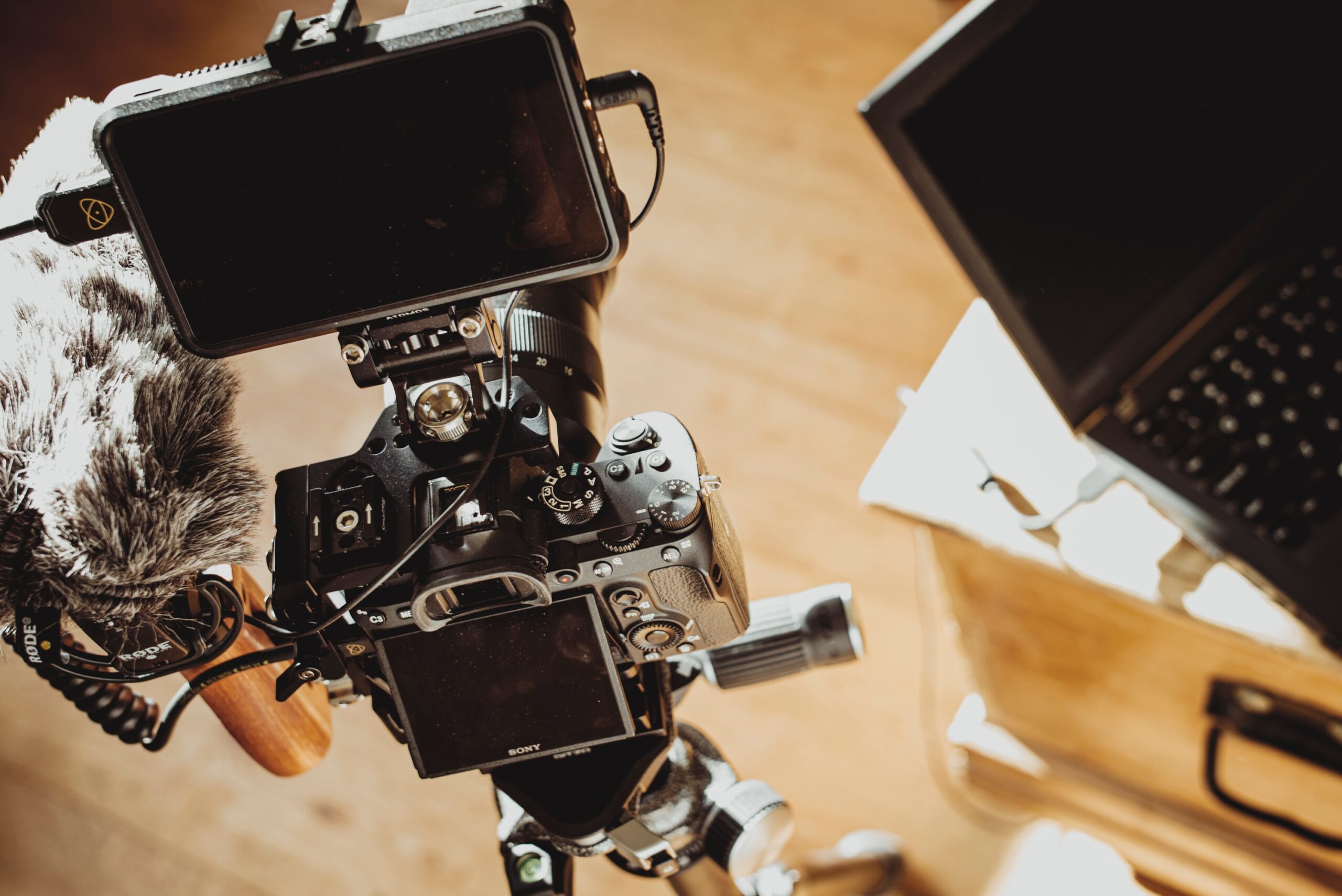
A business acquisition is the process of one company purchasing 51% or more of another business’ shares, in order to take control of that business. In doing so, the acquired business gains new leadership, and the larger organisation quickly broadens its resources and its audience. There are a number of benefits to business acquisition, and the primary focus tends to be diversification of market offerings. Businesses in the same sector but with different niches in product or service often combine to dominate more of the industry.
High profile business acquisitions are a risk, but the reward is absolutely excellent with careful strategy. Large companies such as Disney and Facebook expand their empire depending on the trends they predict for the coming years. An acquisition for these giants can prove much more financially successful than internal investment in developing new technology.
Disney acquires 21st Century Fox (March 20th, 2019)
In order to tackle the rise of internet streaming, Disney sealed a £54 billion deal acquiring the film and TV assets of 21st Century Fox. As part of the agreement, Disney absorbed the Fox film and TV studios, the FX Networks, and National Geographic in a considerable boost to their content. Still mainly family-friendly, 21st Century Fox movie content merged perfectly with Disney’s offerings, while some more adult Fox TV shows could further Disney’s reach to older audiences.
This acquisition came around 6 months before Disney launched their streaming service ‘Disney+’, boasting all episodes of the Simpsons, and National Geographic programmes, as well as their initial catalogue of Marvel and Disney family movies. Diversifying their content before launching Disney+ as a streaming service was a wise idea, since Netflix hosts a wide range of entertainment genres suitable for different family members.
Disney content is popular enough in its own right to justify an individual streaming service, but not diverse enough to rival the offerings of Netflix with their original series and Dreamworks films. Without 21st Century Fox assets and National Geographic content, only Disney fans and Marvel lovers would be inclined to pay for the service. For the beginning of an expansion, the Fox acquisition was an impressive move by Disney.
Disney also absorbed 21st Century Fox’s 30% stake in Hulu, another streaming service. This newly acquired 30% stake added to Disney’s initial 30% stake in the platform, to make a majority share of 60%. To consider that Hulu received twice as many new customers in 2019 (CNBC, 2019) than Netflix was signing up, Disney has quite obviously entered and grasped the internet streaming market.
eBay acquires PayPal (October 3rd, 2002)
eBay and PayPal worked hand in hand before the over £1 million business acquisition. PayPal payments were an option for both buyers and sellers on the eBay platform, but eBay was in the works establishing an alternative payment method called ‘Billpoint’. Billpoint was a move that had the potential to ruin PayPal entirely, since 61% of PayPal business came from eBay transactions.
Billpoint didn’t prove as popular as PayPal, however. A 75% majority of eBay sellers allowing electronic payments chose PayPal as their platform of choice (The New York Times, July 2002), compared to only 27% offering Billpoint. eBay and PayPal’s reliance on one another for custom established an interdependency, yet a competition, between both organisations.
Before the acquisition, eBay received roughly 7% of each transaction value made through PayPal, rising to 10% per transaction after PayPal was acquired. PayPal also benefited from the acquisition, since their rival Billpoint was halted and business through eBay transactions was guaranteed. For guaranteed business security, a 3% decrease in profit per transaction was a small price to pay for the 4 year old PayPal.
With the increased profit for eBay per PayPal transaction, eBay was sure to promote PayPal as a payment option during checkout. Establishing PayPal as a trustworthy and reputable payment option encouraged growth of the PayPal business, while eBay was providing more choice to its users and establishing loyal buyers and sellers. It’s hard to guarantee that this acquisition was instrumental in both PayPal’s and eBay’s success, but both businesses are still operating in 2020.
Facebook acquires Instagram (April 9th, 2012)
In an unexpected move, Facebook purchased the photo-sharing app Instagram for an astonishing £629 million in 2012. At the time, Instagram only had 13 employees, making each worth around £48 million a head. The professional valuation of Instagram was around half the price, carried out just days before Facebook acquired the platform.
Twitter put a bid of around £315 million for Instagram days before the Facebook acquisition, but ultimately proved unsuccessful. Mark Zuckerburg, Facebook’s director, openly regarded Twitter as his most significant social media rival, and recognised the leg-up that Instagram could have given for Twitter’s success while Facebook’s mobile app was struggling. One of Instagram’s most impressive features was that it allowed for app posts to be instantly shared as a tweet, for users to be able to update both networks at once. Facebook couldn’t afford to let any further intertwined features between Twitter and Instagram while battling HTML5 issues affecting their mobile app’s functionality and popularity.
At the time of the acquisition, Instagram boasted 30 million users and around 5 million posts were being uploaded daily. Instagram was a fierce social networking space in its own right, and has continued to grow rapidly – estimating hosting 1 billion monthly users as of 2019 (CNBC, September 2019). As a result of Facebook’s investment into Instagram, Facebook’s ‘camera’ app wasn’t developed as heavily, and less budget was allocated toward the project. This acquisition saved time and effort from Facebook, while it’s secured serious profit – with Instagram now being valued at £78 billion. That’s considerably more than what Facebook had paid for the acquisition.
Business acquisition is a valuable process, combining the resources of two successful companies under the umbrella of one parent business in order to dominate a market. Though the business acquisitions we have discussed in this article are on a million or billion pound scale, acquiring a small business can be just as beneficial. Fill a gap in your expertise by purchasing an established business, and double your customer database. If you’re interested in learning more about the benefits of a business acquisition on a fast-track programme, please contact us.





